Darren Aronofsky’s drama film ‘The Whale’ presents the tragic story of a man’s dying days as he searches for atonement. Charlie, who struggles with chronic obesity, lives alone as a reclusive online English teacher. Apart from his friend, Liz, the man has no one else in his life as he grapples with the crushing grief of a recent misfortune. However, in these numbered days of his life, the man finds a possibility for redemption when he finds an opportunity to connect with his daughter, Ellie. Nonetheless, their complicated past casts a cloud of strife over whatever time they have left together.
The film equips an empathetic take on the life of an aggrieved man who has made many mistakes in his past. While Charlie’s self-loathing seems to have sealed his own fate, he retains his willingness to shine his hopeful possibility onto others until the end. SPOILERS AHEAD!
The Whale Plot Synopsis
In Idaho, Charlie has built a life of isolation for himself. He teaches his students online with his camera perpetually turned off, and his friend, Liz, remains the only person he actually interacts with. All of this is a result of his compulsive eating disorder, which has resulted in medically critical obesity. Nonetheless, despite his condition, the man refuses to seek professional help. In fact, one day, he experiences a near-fatal attack while watching an explicit film on his computer. Fortunately, a missionary knocks on his door at the same time. Weirdly enough, instead of allowing the young man, Thomas, to call for help, Charlie asks him to read out an essay he has about the book ‘Moby Dick.’
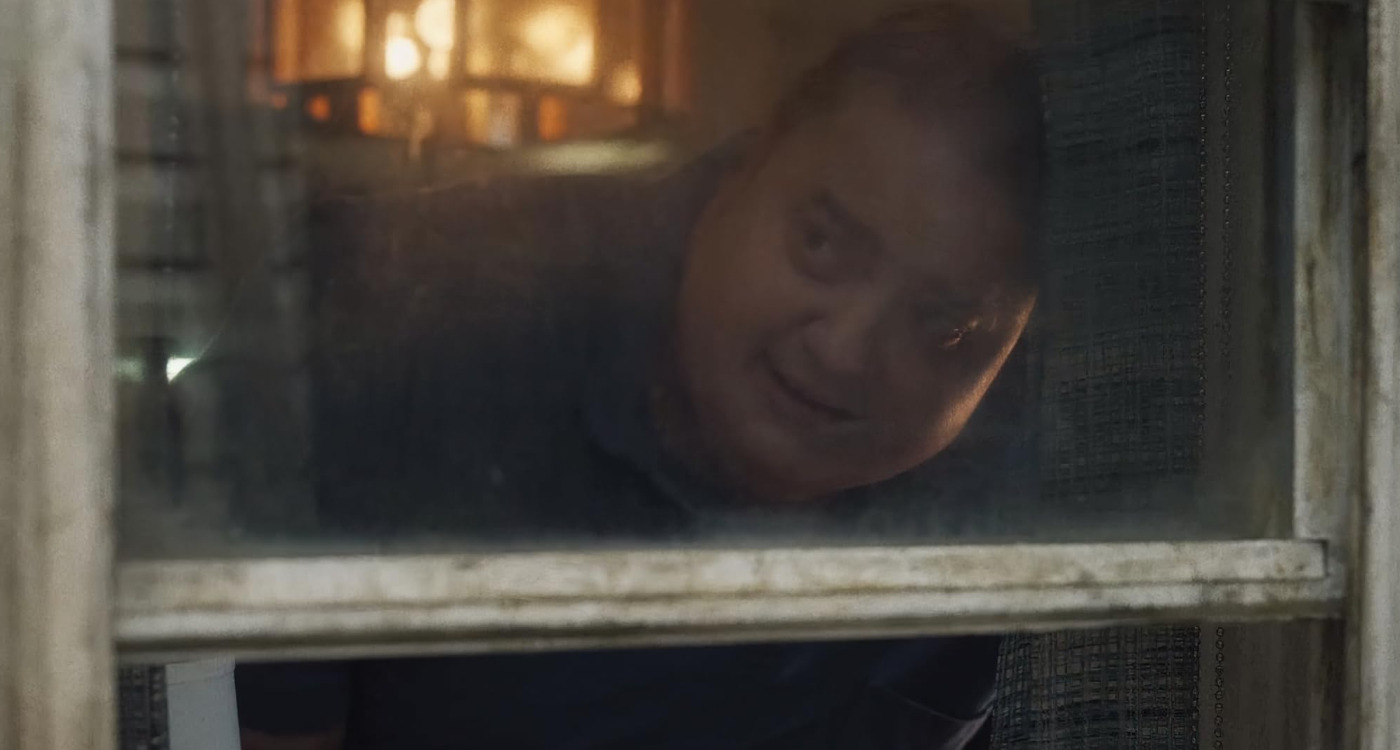
Afterward, Charlie’s attack diminishes, and he calls his nurse friend, Liz, who brings unfortunate news of his congestive heart failure condition. On the other hand, the woman expresses her annoyance at Thomas’ presence. As it turns out, the Church the young man belongs to, New Life, had something to do with the death of Charlie’s boyfriend. Therefore, Liz makes quick work of getting rid of Thomas before unsuccessfully trying to convince her friend to visit the hospital. Nonetheless, despite her half-hearted persuasion, she seems to have accepted Charlie’s fate as helplessly as the man himself. Therefore, she settles into the routine of bringing her friend food and keeping him company.
However, the next day, a wedge is thrown into Charlie’s miserable routine when Ellie, his daughter from a failed marriage, arrives at his doorstep. The teenager clearly holds burning hostility toward her father. When the girl was eight, Charlie fell in love with one of his students and left her mother for him. As such, the two haven’t seen each other in years. Thus, in her bitterness Ellie seems to have no love lost for her father. Alternatively, in his dying days, Charlie is eager to repair their relationship. For the same reason, he offers to do his daughter’s school assignments and give her all his savings in exchange for her company. At the mention of 120 thousand dollars, Ellie begrudgingly agrees.
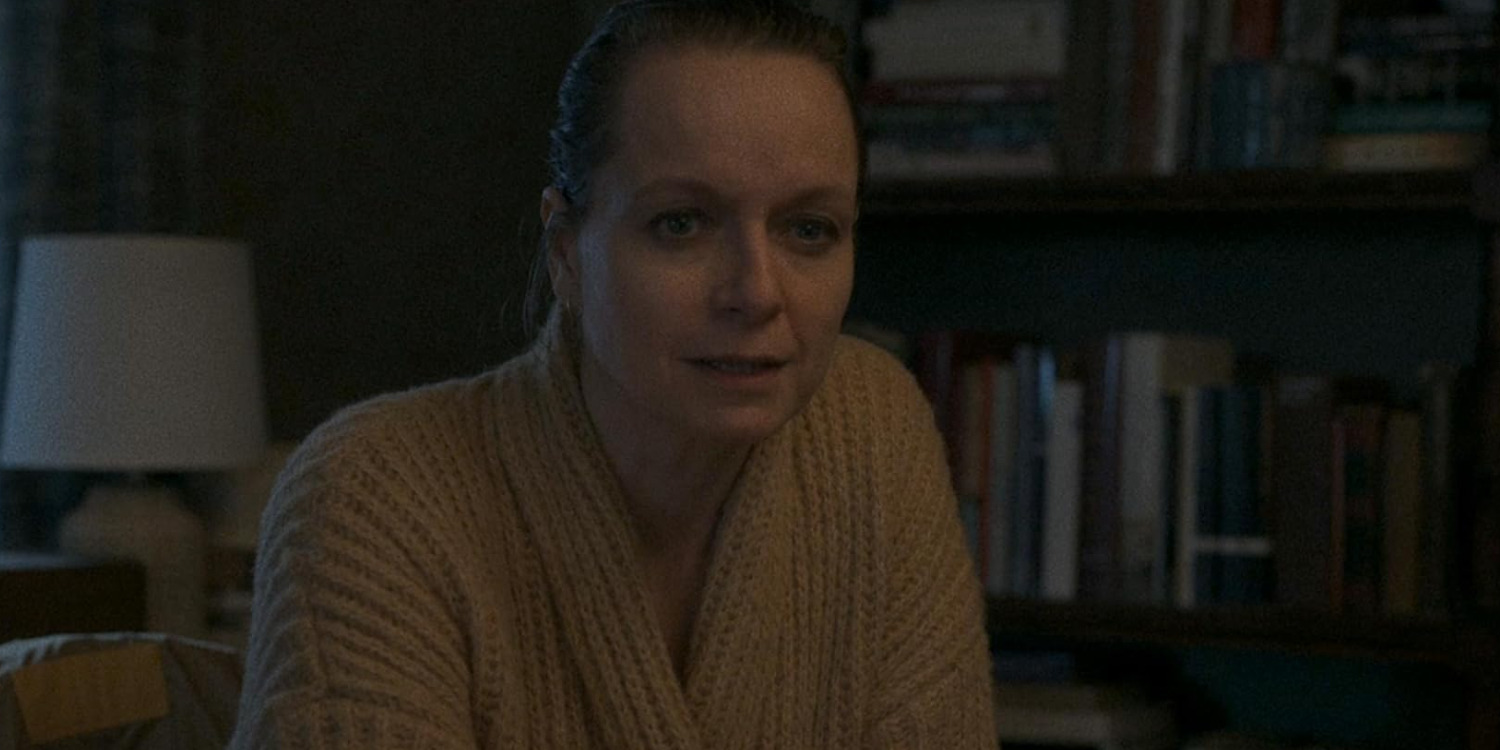
The two continue to sport a taut relationship, with Ellie holding her grudges close and Charlie desperately trying to connect with her. Eventually, Liz clues Ellie’s mother, Mary, in on her visits, leading to a confrontation between all four of them at Charlie’s house. Although it results in some cathartic arguments between the former family, it doesn’t do much to repair the father’s relationship with her daughter. Furthermore, Mary insists that her daughter has a deep evil inside of her, which cannot be helped. On his part, Charlie insists that there is something special about Ellie that he wishes to foster because he wants to do something good with his remaining life. The night devolves in further anguish after a late visit from a frantic Thomas, who insists that he’s finally realized his purpose is to help Charlie deal with his boyfriend, Alan’s death.
The Whale Ending: How Did Alan Die?
While Charlie’s issues with his health run far and wide, Alan’s death seems to be a central impetus to his condition. Alan came from a hyper-religious family involved in the New Life Church. As such, he grew up with certain teachings and expectations tied to his existence. After his father compelled him to go on a Church mission to South America, he expected his son to marry a woman of his choosing. Nonetheless, Alan chose to embrace his sexuality rather than make himself miserable to meet his family’s expectations. For the same reason, his father kicked him out of the Church and his home.

Still, after Alan joined a night class—taught by Charlie—he found a glimmer of hope in his life. Likewise, Charlie also fell in love and decided to leave his existing family—Mary and an eight-year-old Ellie—for Alan. Although the two were able to build a happy life together, Alan couldn’t ever fully overcome his internalized homophobia on account of his orthodox upbringing. For the same reason, as the years went by, his mental health worsened. He stopped eating food—perhaps developing an eating disorder—and began overworking himself. Eventually, the pressure became too much for the man, and he decided to commit suicide by jumping off a bridge. Since Charlie wasn’t his family, his sister—Liz—had to go in to recognize his body.
Consequently, in the aftermath of Alan’s death, Charlie becomes dejected, unable to deal with the fact that he couldn’t save the love of his life. He develops a severe eating disorder wherein he gorges himself on food to near himself to death. The same forces Liz to relive the horror of her brother’s last few days. Yet, she’s unable to help in any substantial way. However, Thomas claims to have the answer. Although Thomas claims to be a missionary for the New Life Church, he actually holds no ties to it. A while ago, the young man became addicted to marijuana, which compelled his family to force him into the Church. However, he soon grew frustrated with the organization’s ways.
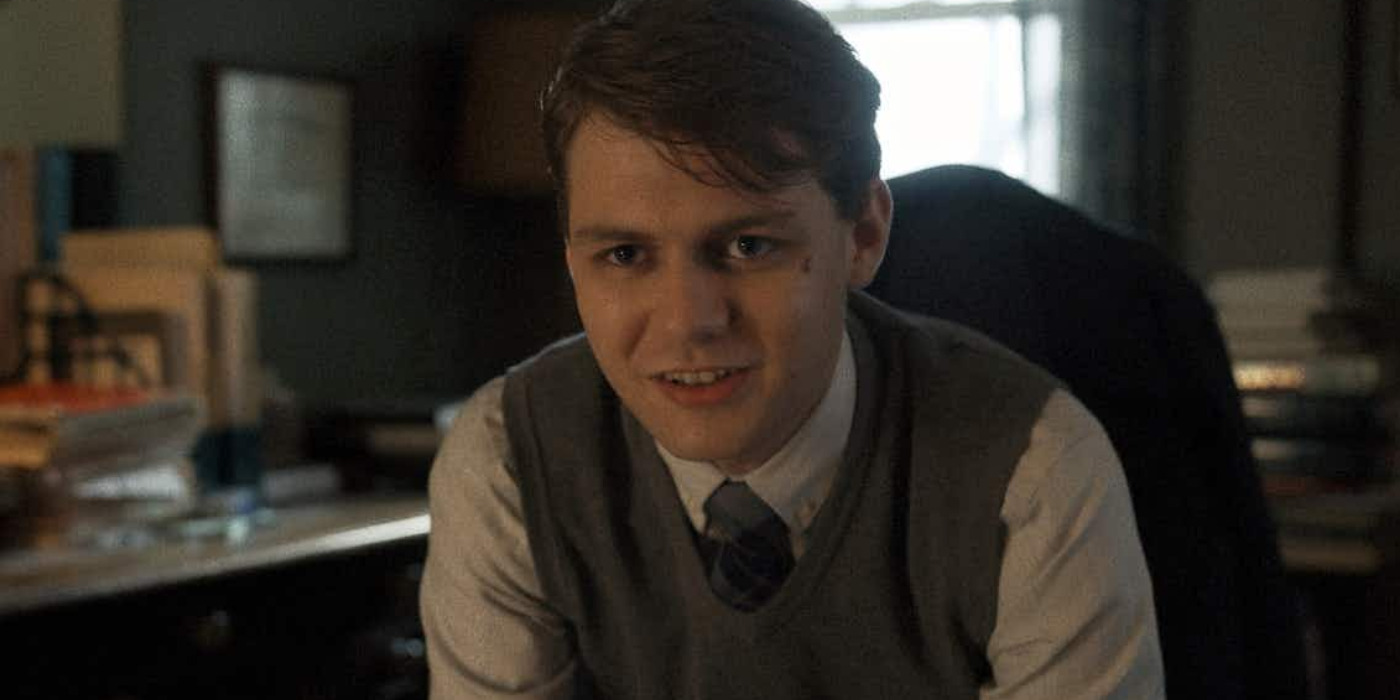
For the same reason, Thomas stole money from the New Life Church and ran away to start his own missions. Ellie manages to grill this same information out of him during their impromptu meeting and leaks it to the Church and his parents. Yet, in a turn of events, his parents end up forgiving Thomas, extending an invitation to return home. Therefore, he returns to Charlie’s house with new vigor, convinced more than ever that God intended for him to help out the older man. Much like everyone else, Thomas accepts Charlie’s demise. However, he asserts that he can help him by making him understand Alan’s death to bring him peace. Still, Thomas and his insistence that Alan’s sexuality is to be blamed for his death was bound to invite Charlie’s ire. After all, it was a hateful upbringing and rampant homophobic rhetoric that pushed Alan to fall victim to his own dark thoughts.
Why Does Charlie Hold on to the Moby Dick Essay?
The story sets up Charlie’s acceptance of his imminent demise from the get-go. His introduction into the narrative arrives on the heels of the near-fatal incident. However, Charlie’s reaction to his near-death is the most peculiar detail about the instance. Instead of seeking help or survival, Charlie reaches out for an essay written about ‘Moby Dick.’ The essay is uncomplicated and delivers the simple truth of the reader’s thoughts on the book. Yet, it seems to be something infinitely valuable to the man. As the narrative delves further into Charlie’s lackluster life, some of the reasons behind this become clear.
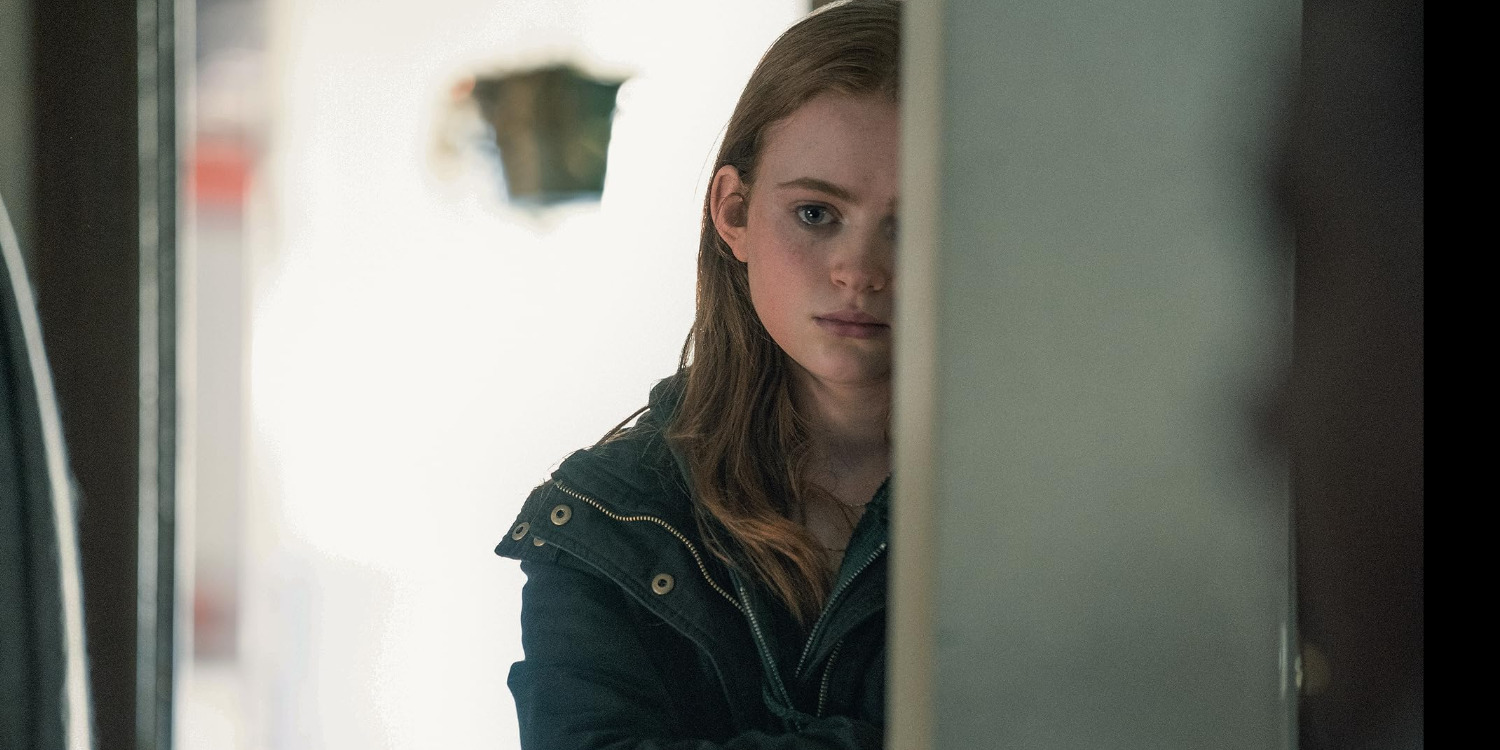
Charlie is an English teacher who constantly encourages his students to deliver honesty—however brutal and unacademic—in their writing. His methods are unconventional and unappreciated in the classroom, yet they remain a key cornerstone of his character. As such, in his lowest, most anguished moments, he demands honesty from his students and ends his teaching career by revealing his face to his students before smashing his laptop up. Charlie is desperate for the same candor that he found in the ‘Moby Dick’ essay he holds near and dear to his heart. Even so, his attachment to the essay seems exaggerated, considering it’s the last thing the man wants to hear before he dies.
Eventually, a visit from Ellie explains the breadth of Charlie’s attachment to the essay. The duo’s precarious relationship so far has been functioning on the father’s offer to do the teenager’s homework for her. Although Ellie consistently puts on a tough exterior—with her rude language and brash insults—it’s clear she’s also desperate to spend time with her father for reasons she can’t understand. The same is evident in the moments where she tries to pry into his life or writes a haiku at his insistence despite insisting on apathy. Ellie wants to know more about Charlie so that she can understand the reality of why he abandoned her.
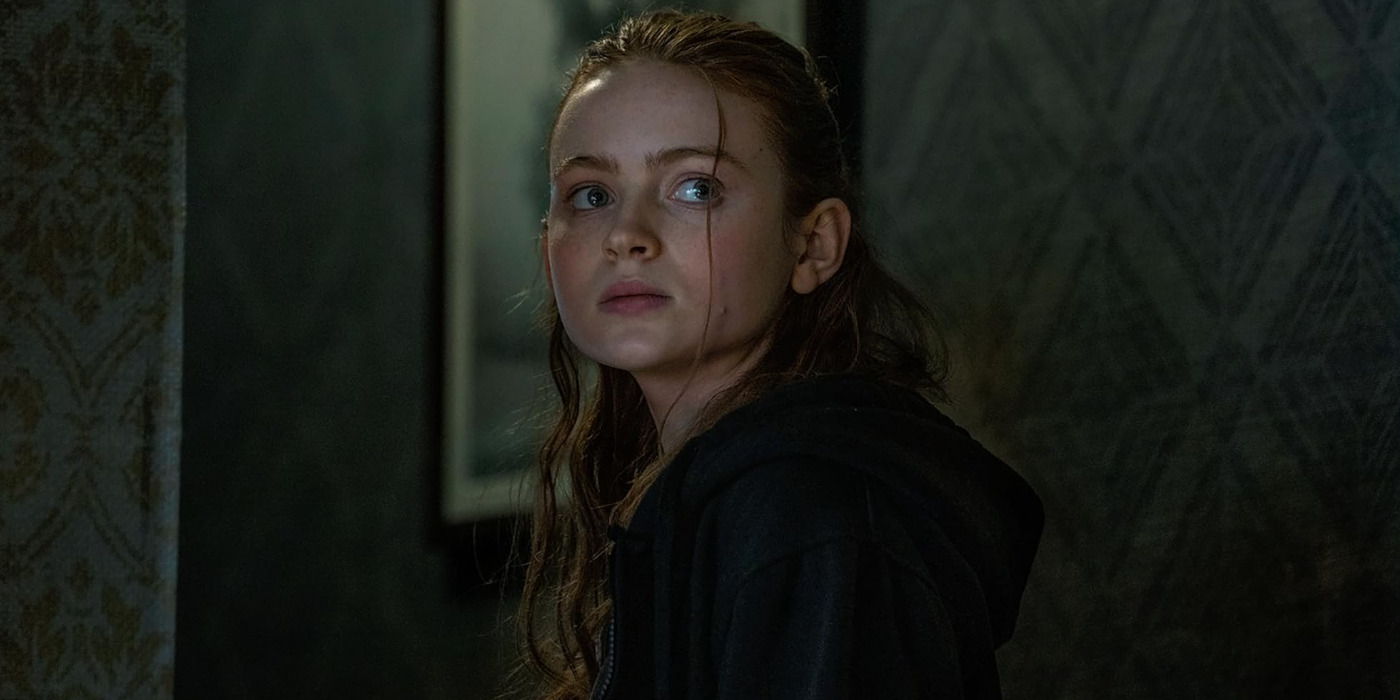
After all, at the end of the day, Ellie’s understanding of Charlie remains the same. She sees him as a man who abandoned his daughter for his boyfriend. Charlie may hold up flimsy excuses about Mary keeping the kid away from him—but as he stands on the edge of his intentional doom, he has little defense for himself. The simple truth is that Charlie has made mistakes. Still, it isn’t as if he never tried. In fact, a few years ago, he pestered Mary for an update about Ellie and got a copy of a book report in return. The book report was on ‘Moby Dick’ written by eighth-grader Ellie. As moved as Charlie was by the exceptional writing on that report, he was even more besotted by the fact that his daughter wrote it. Consequently, he wanted it to be the last thing he heard before dying.
Does Charlie Die?
Throughout the film. Charlie’s death remains an accepted fact between all characters. His grief has consumed him to such an extent that he’s unable to imagine a happy life for himself. While the same stems from Alan’s death, Charlie’s own past also has a significant role to play in it. Charlie abandoned his family to lead a new life with Alan. As a result, he hurt Mary and their young kid, instrumentally scarring the latter. Although the ‘Moby Dick’ essay helps assuage some of his guilt, he cannot run away from the reality of his influence on the teenager once she seeks him out.
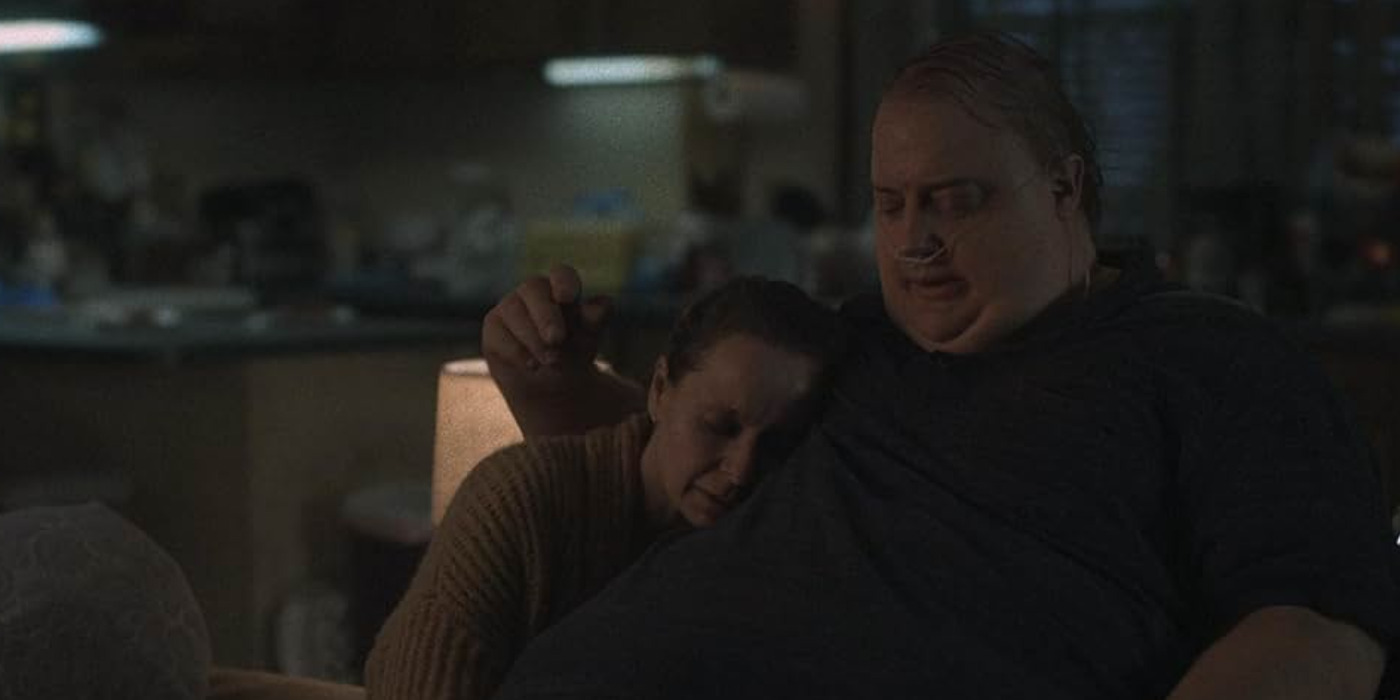
Ellie isn’t a regular rebellious teenager. She gets suspended from school for harassing her classmates. She regularly commits casual acts of cruelty for her personal pleasure, and she remains jaded through and through. Even so, Charlie sees moments of beauty within her. From her writing to the way she seamlessly includes him in her—however underwhelming—lunch plans, the teenager showcases moments of honesty and selflessness. For the same reason, Charlie is so desperate to believe Ellie reached out to Thomas’ family to save him rather than to hurt him. Charlie ruined his previous life for Alan and then failed to save him. Therefore, he now wants to at least help Ellie before he dies to ensure his life isn’t without meaning.
After their confrontation, which reveals the essay’s origins—simultaneously revealing Charlie’s love for his daughter—the man undergoes another attack. Much like the attack that began the story, Charlie isn’t interested in help. Instead, he wants his daughter to read out the essay to him. The action is dual-pronged. It’s Charlie hearing the words he has decided he wants to die to, and it’s a simple act of selfless kindness that Ellie can commit to cement that she isn’t a truly evil person. Thus, in the end, as Ellie reads the essay out loud to him, Charlie walks toward her—despite his clear inability to do so—to showcase his own willingness to try for his daughter. As the two meet in the middle, the screen cuts to white—cementing Charlie’s death.
What Does the Ending Flashback Symbolize?
As weighty as the end of Charlie’s narrative remains, the film’s visual ending presents an even more perplexing conclusion. After the screen bursts to white, the narrative cuts to a flashback of Charlie and his family on the beach. The man is in the water while a young Ellie makes castles in the sand. It’s a stark departure from their teary reunion at his messy apartment, and it harks back to a time long gone. However, it is this same sense of reminiscence that infuses life into the scene.
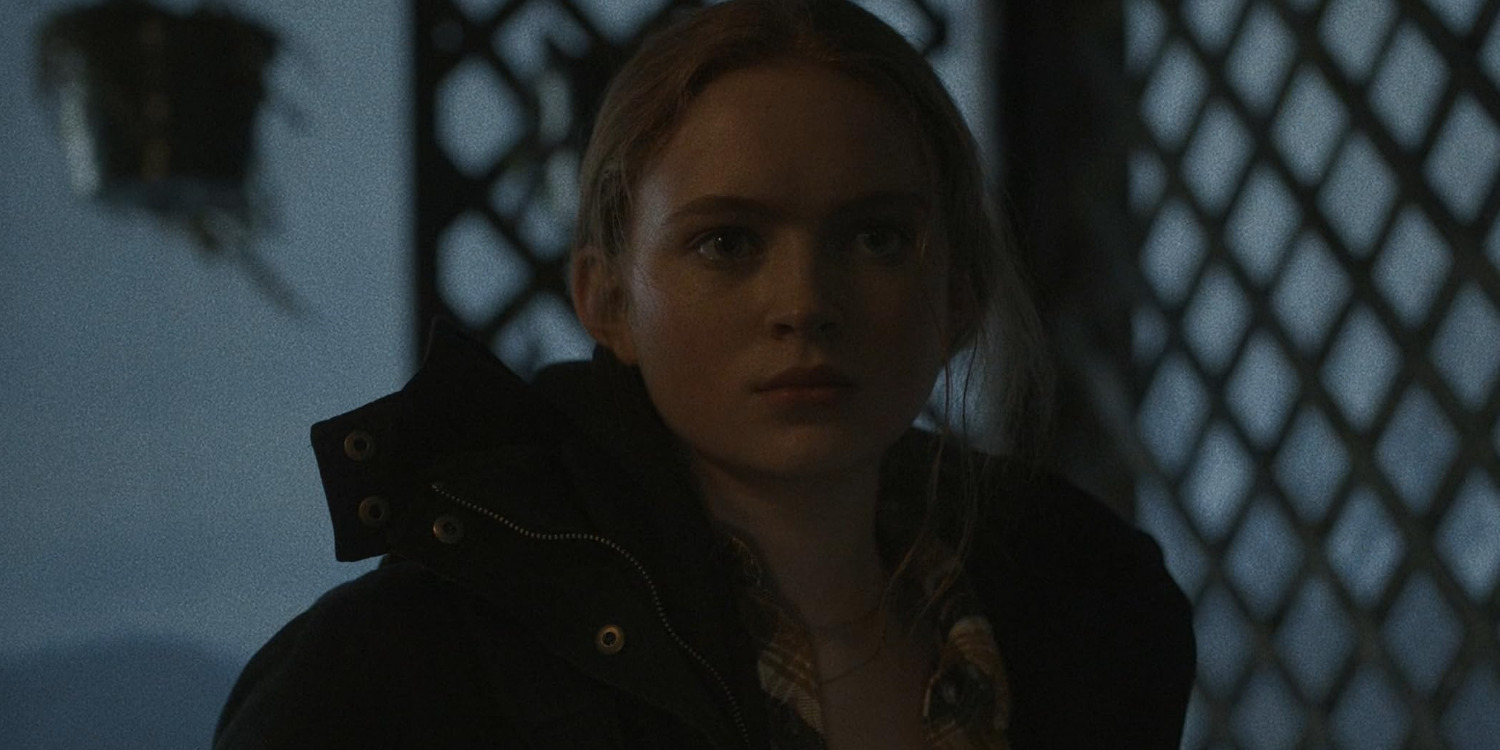
In his dying days, Charlie has been plagued with frustration, guilt, and self-loathing. It’s no secret that his doom was self-inflicted. However, his final moments, wherein he establishes his willingness to try and receive his daughter’s kindness in return, are equally as self-written. Therefore, as the ending shifts focus from the father-daughter duo’s drab reality to a brighter-lit past, it offers a more hopeful ending to the tragic tale. In many ways, it’s the perfect conclusion for Charlie’s story, reflecting his ability to see the best in everyone.

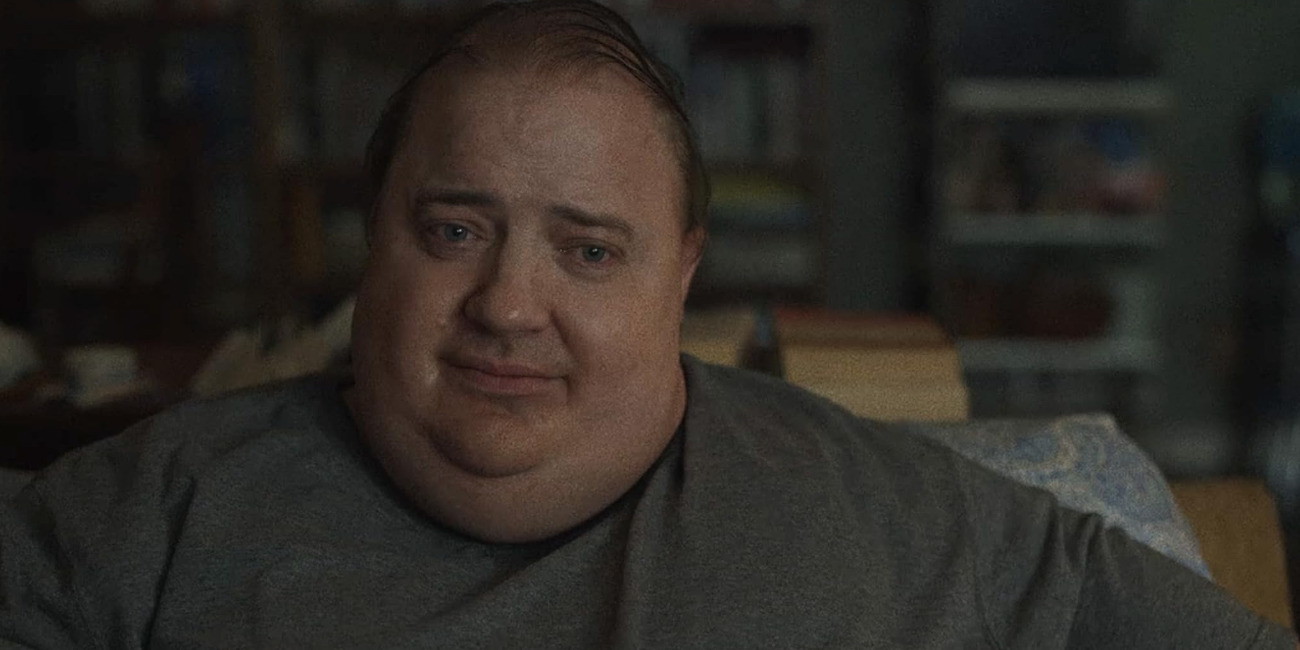
You must be logged in to post a comment.